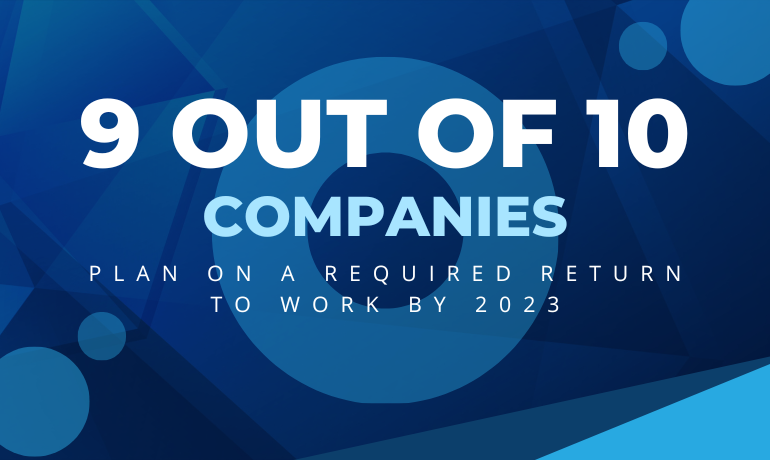As a potential recession looms, employers and workers remain at odds over the return-to-office issue. GM, for example, announced on Sept. 23 that employees had to return to work; after backlash from employees, the company retracted the announcement the following Tuesday, delaying a full return and clarifying its policy.
40% of workers surveyed by Monster said they would quit if forced to work even one day a week in office.
A career strategist and job search coach, Stacie Haller, shared on Resume Lab, “I believe some of this is generational. Older managers have prejudices and outdated ideas about work culture and aren’t used to working with remote teams. My belief is that companies would shift back to an in-office culture less if younger managers were in charge of return-to-office decisions.”
The requirement for workers to return to work could make employees feel untrustworthy from the work they’ve been doing since the pandemic began. In turn, employees may push back or, in extreme cases, quit.
Remote work may cause employers to worry about loss of company culture or retention issues, particularly among younger employees who might want to work in an office setting. Myers-Briggs recommends employers ask workers what they want from their work arrangements. One source said employers should consider which problem they want to solve with a return to office.




